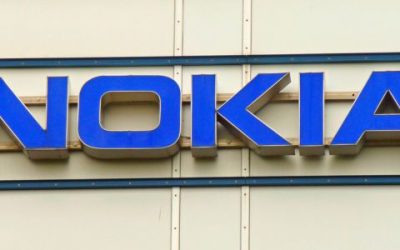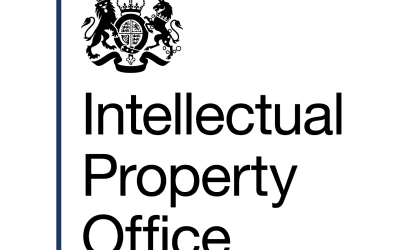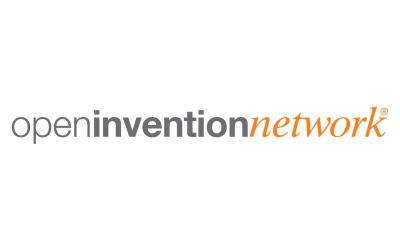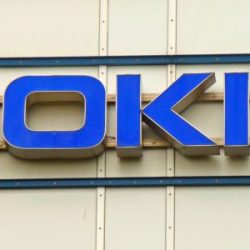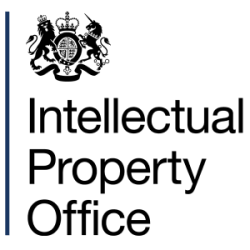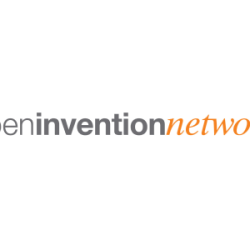In a recent legal development, telecom giant Ericsson has taken legal action against Lenovo and its mobile phone subsidiary, Motorola. The lawsuit accuses Lenovo of infringing on Ericsson’s 5G patents and obstructing negotiations over mutual licensing agreements. The dispute continues the decade-long standoff between these industry players over patent infringement claims.
Ericsson’s complaint, filed with the US District Court in North Carolina, claims that Lenovo has consistently evaded efforts to establish a licensing agreement over a period of more than 10 years. The alleged infringements relate to four Ericsson patents primarily associated with 5G communications and pertain to Lenovo’s mobile phones, laptop computers, PCs, and tablet devices.
The roots of this dispute extend back to 2008 when Ericsson first notified Lenovo about its products being covered by Ericsson’s 2G and 3G patents, suggesting the necessity of acquiring a license. However, according to Ericsson, Lenovo has consistently dragged out negotiations while continuing to use Ericsson’s patented technology.
A significant turning point in the dispute occurred in 2010 when Ericsson proposed a global cross-licensing agreement. This agreement would have allowed both parties to grant licenses to each other while Lenovo would make payments to Ericsson in the form of a running royalty and an upfront payment to cover Lenovo’s past unlicensed sales. Importantly, Ericsson recently reached a similar cross-licensing agreement with Chinese technology behemoth Huawei, covering patents across various technology areas, including 3G, 4G, and 5G cellular networks. However, Lenovo later produced a counteroffer, requesting Ericsson to waive all past royalties for unlicensed products it had already sold. This counteroffer was withdrawn a few months later, further complicating the negotiations.
The acquisition of Motorola’s mobile phone business by Lenovo from Google in 2014 added a new layer of complexity to the dispute. Ericsson contends that it made continued attempts to engage Lenovo in negotiations throughout the years but claimed that Lenovo was unwilling to sign an updated industry-standard non-disclosure agreement (NDA) — a crucial step to proceed with further negotiations.
In patent disputes, the significance of a signed NDA cannot be overstated. It forms the backbone of confidential negotiations, protecting sensitive information and ensuring both parties can share details without fear of unauthorized disclosure. In this case, Lenovo’s reluctance to sign an updated NDA raises questions about its commitment to transparent and ethical negotiations.
The breaking point in this dispute came in June of this year when Lenovo proposed an NDA that, according to Ericsson’s complaint, would have allowed Lenovo to share Ericsson’s confidential information with third-party companies and law firms. Moreover, it would have limited Ericsson’s ability to enforce its patent rights over Lenovo while still keeping the option to sue Ericsson in China at any time.
As a professional in the legal industry, I can’t help but be intrigued by this case. It’s not just a legal tussle; it’s a reflection of the intricacies and challenges that come with cutting-edge technology and intellectual property. The importance of clear terms for licensing agreements in the ever-evolving landscape of 5G technology cannot be overstated.
This dispute holds the potential to shape the future of patent licensing in the technology sector, especially in the context of 5G, where collaboration and innovation are crucial. It’s an unfortunate situation when negotiations drag on for a decade, hindering the pace of technological advancement. At the heart of this issue lies the fundamental principle of fairness, reasonable terms, and non-discrimination — core tenets of patent licensing.
It’s also a stark reminder that legal disputes like these can have far-reaching consequences, not just for the involved companies but also for the entire industry. The uncertainty it creates can stall innovation and investment. As we follow the developments of this case, it will be interesting to see how the courts assess these claims and determine the validity of Ericsson’s accusations against Lenovo.
In the world of 5G technology, where transformative breakthroughs are needed more than ever, the resolution of this dispute could significantly impact how patents and licensing agreements are managed. Let’s hope that the parties involved find a fair and mutually beneficial solution that fosters innovation, encourages cooperation, and benefits consumers and the industry as a whole.

Written by Semih Sisman, LL.M
Legal Counsel, All For One Group SE
You may also like…
Nokia v. Mala Technologies: the UPC interprets its relationship with national courts
Brussels recast The Brussels I Regulation has been in force, under various names, since 1973 and defines general rules...
UK IPO celebrates first filing in new digital service
The UK Intellectual Property Office (IPO) marks a ‘game-changing moment’ as the first patent is filed in the new ‘One...
World’s largest wireless telecommunications operator China Mobile joins Open Invention Network
Chinese companies have become increasingly sophisticated regarding patents. According to the country’s top...
Contact us to write for out Newsletter




